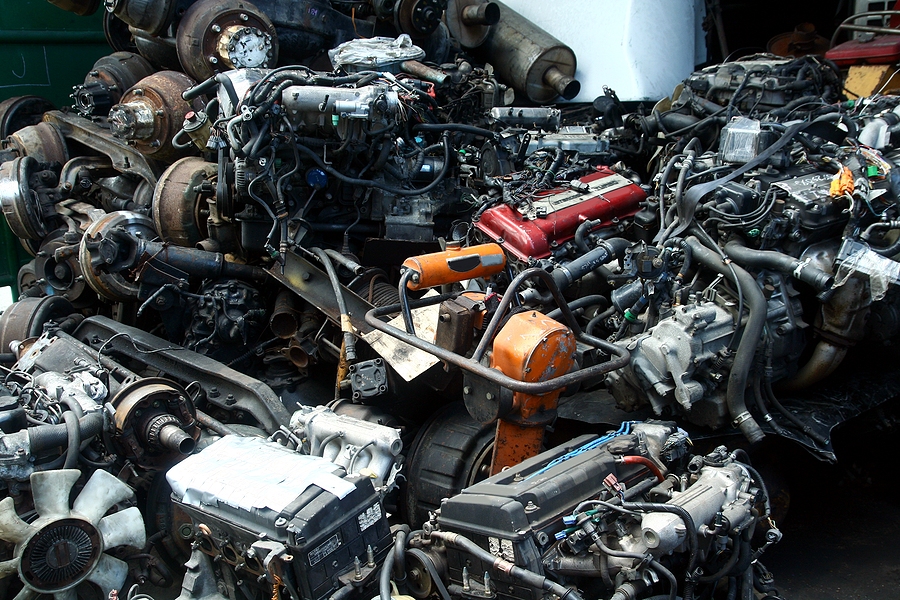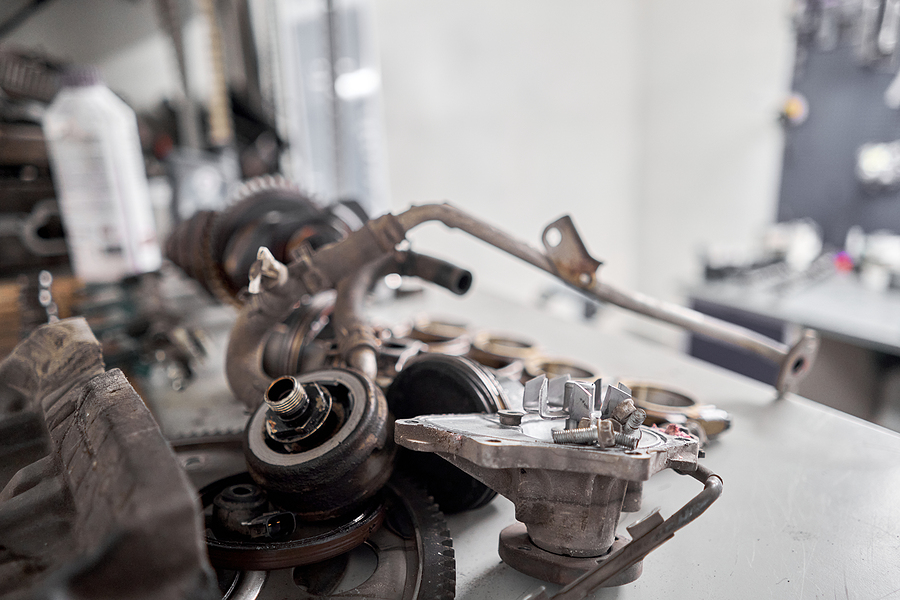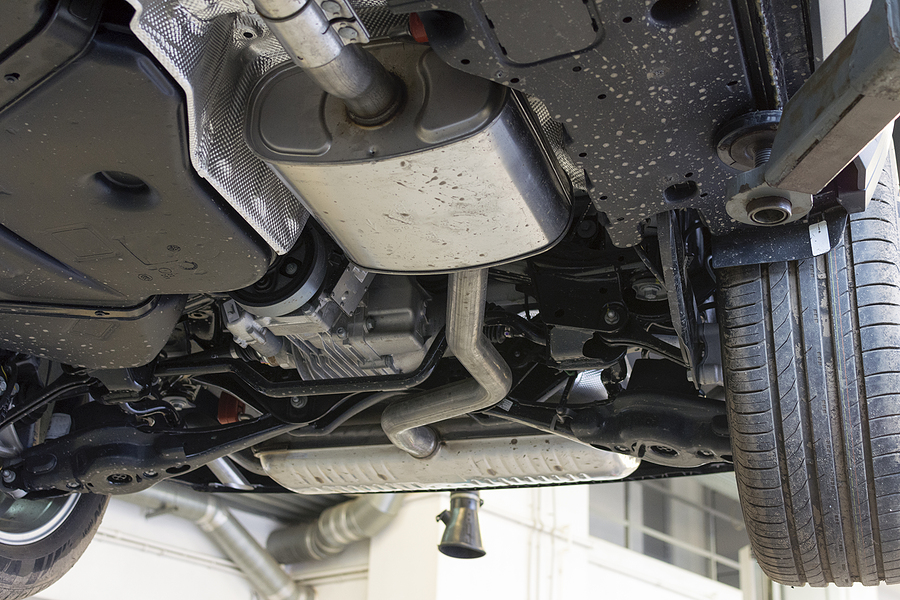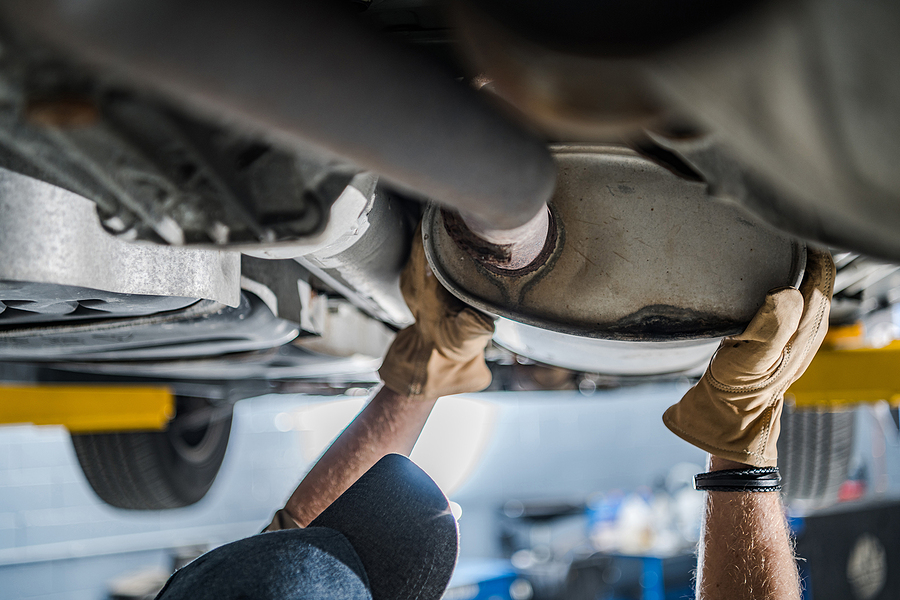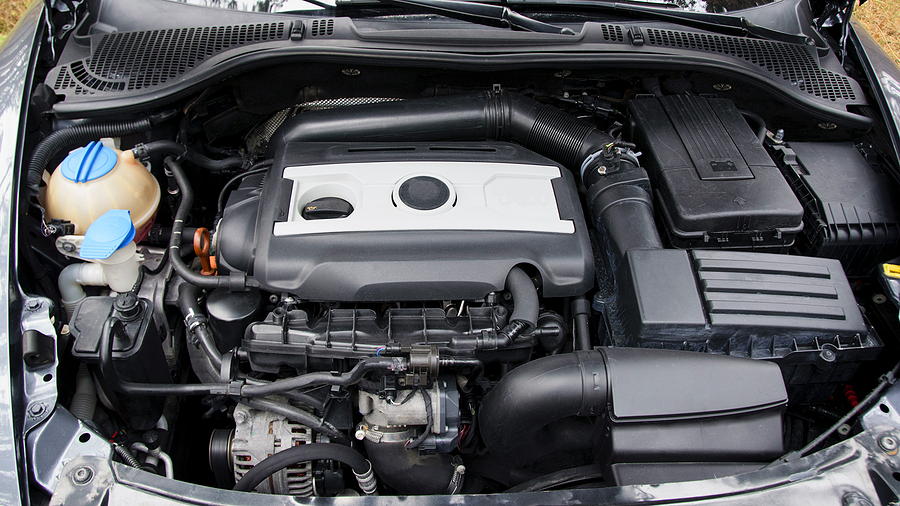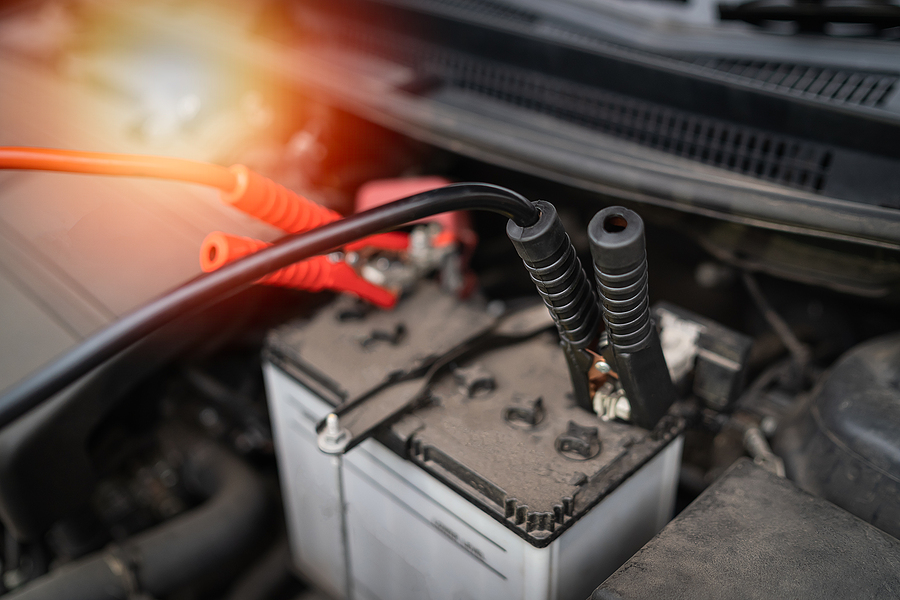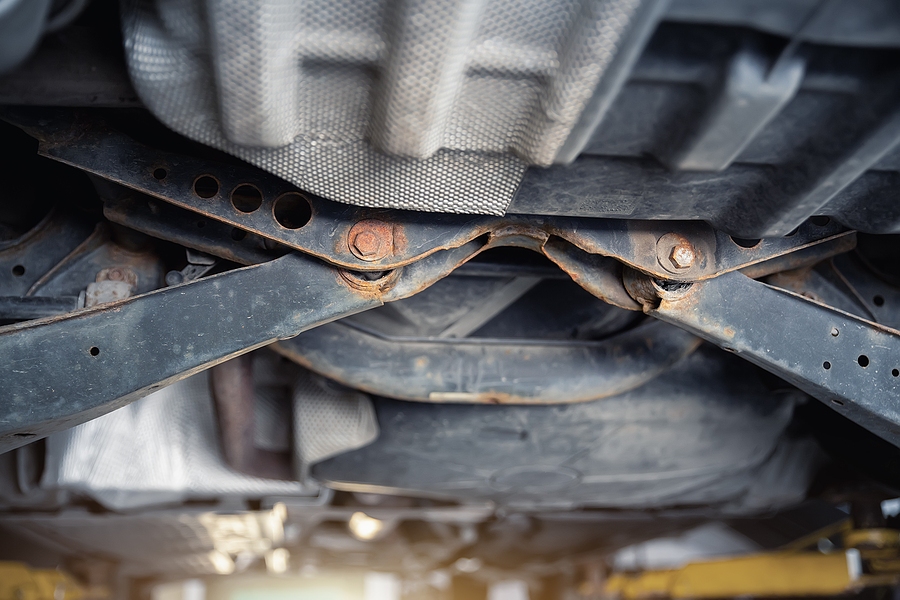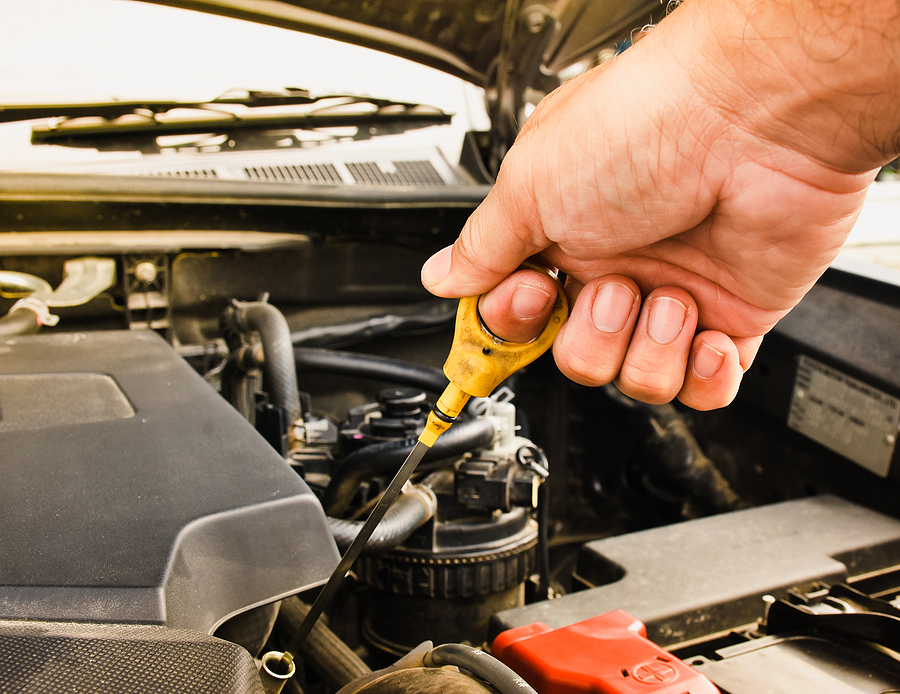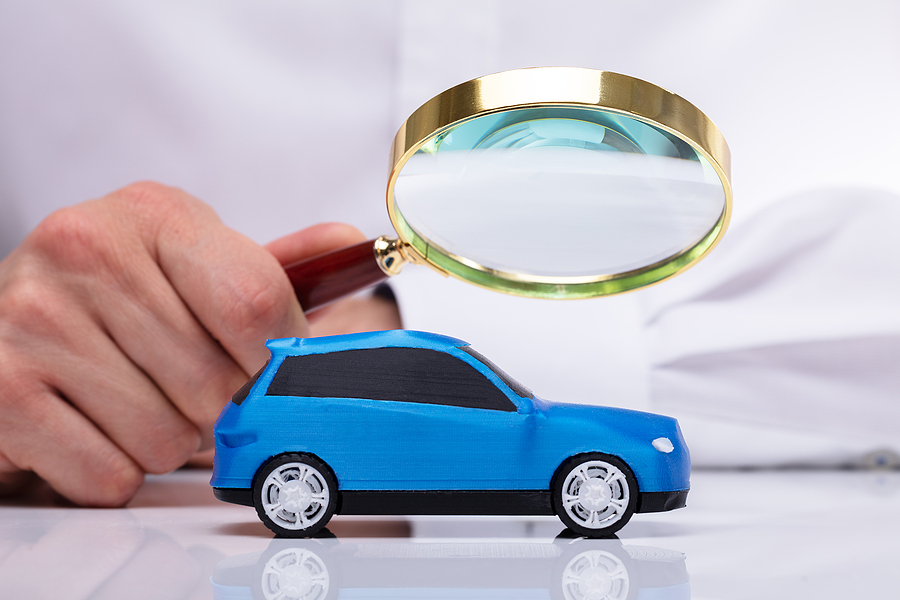Brake systems are the unsung heroes of the automotive world. Beyond their pivotal role in the mechanics of stopping a vehicle, they play an integral part in ensuring the safety of you and your passengers. Yet, when the dreaded day comes that your car’s brakes are in need of replacement, the question on your lips is not just “How much?” but also, “What does this mean for my safety and my wallet?” This detailed guide is here to help you fully grasp the considerations, costs, and choices you face when your car needs a brake overhaul.
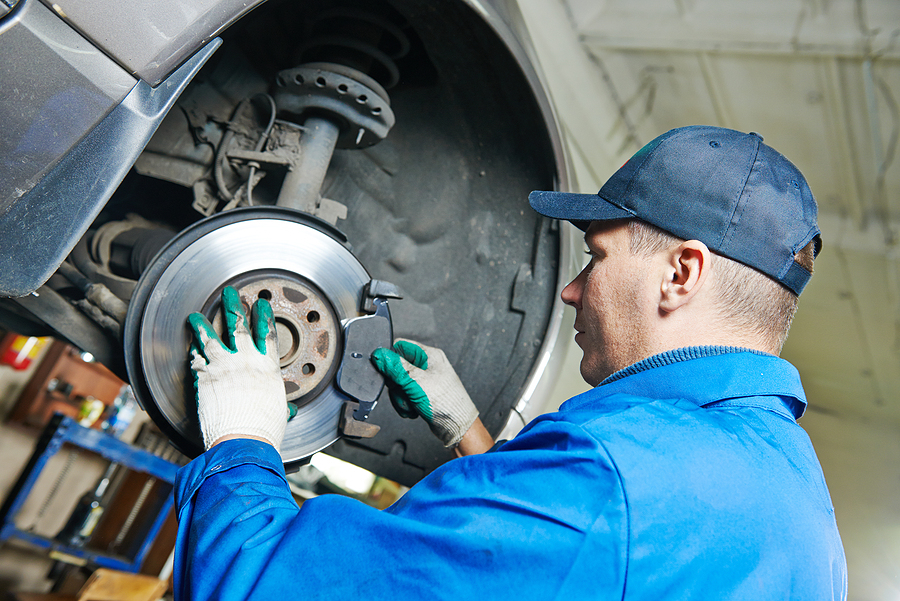
Understanding the Importance of Brakes in Your Daily Commute
Before we crunch any numbers, it’s crucial to comprehend the significance of your brakes. They are your first line of defense when unexpected road obstacles demand a quick stop. In times of need, a high-performance brake system can mean the difference between a close call and a catastrophic accident. Safety on the road is paramount, and that makes brake health a non-negotiable aspect of vehicle maintenance.
Deciphering the Warning Signs of Brake Failure
An aware driver is a prepared one. Recognizing the earliest indicators of brake problems can both prevent safety hazards and potentially save you money by addressing issues before they escalate. Look out for telltale signs such as:
Squeaking or Grinding Noises – If your brakes drone on with a metallic wail, it’s time to pull over. Squeaking suggests worn-out brake pads, while grinding can spell the end for your rotors, which could substantially increase your total repair cost.
Pulling While Braking – A vehicle veering to one side can mean uneven brake pad wear or a more serious hydraulics issue.
Soft Brake Pedal – A squishy or sinking brake pedal is red flag for potential air or moisture in the brake system, a sign that professional attention is needed immediately.
The Nuts and Bolts of the Cost Breakdown
Beyond understanding the symptoms, you should have a handle on the cost breakdown:
Parts Costs – Depending on your car’s make and model, different types of brakes and brake parts are needed. This can vary from a ‘run-of-the-mill’ replacement to a more extensive replacement involving calipers, rotors, and break lines.
Labor Costs – Skilled technicians spend a good deal of time and training mastering the fine-tuned art of brake repair. Labor costs can often match or even exceed parts costs.
Additional Fees – In addition to the part and labor costs, you may face disposal fees for the old brake components and taxes on your new parts, both of which need to factor into your budget planning.
Factors That Influence the Bottom Line
There’s no one-size-fits-all answer when it comes to the price of brake system replacement. Several factors tilt the balance, including:
Your Car’s Make and Model – Exotic or luxury vehicles come with a heftier price tag for their car parts. Conversely, common models have more affordable brake options.
Quality of Parts – Opting for high-quality, longer-lasting components may cost more upfront but can save you in the long run with fewer replacements down the line.
Location and Labor Rates – Geography influences the cost of labor; urban areas often bear higher charges than rural ones. Similarly, different shops operate on different scales of pricing for their expertise.
Tips for Saving Money on Brake Replacements
If the rising cost of auto care is making you break a sweat, consider these savvy tips:
Comparison Shopping – Contact several brake service providers to get a good range of quotes. Sometimes, simply asking for a better price can yield savings.
Regular Maintenance – Keeping your brakes in check with regular inspections can catch problems early, before they spiral into major repairs.
Understanding Warranties – Parts and service warranties can safeguard against defective parts and shoddy work. Being aware of the terms ensures you get the most out of your investment.
When the Cost Exceeds the Car’s Value: What Are Your Options?
There may come a juncture where the cost to replace your brakes surpasses the vehicle’s market value. In such scenarios, consider the following:
Claiming a ‘Total Loss’ with Your Insurance – Depending on your policy and the value of your car, an insurance company may consider your vehicle a total loss. This could provide some financial relief for purchasing a new vehicle.
Selling to a Junk Car Buyer – For many, the pragmatic path might be parting ways with their car. Junk car buyers will give you a sum for your vehicle, which can be put towards a new, brake-safe car.
The Bottom Line
In the grand scheme of things, regular brake maintenance and timely replacement are not significant expenses when weighed against the value of safety. Staying proactive with your brake care is a key component of being a responsible vehicle owner. Whether you opt for dealership repairs, independent mechanics, or a trusted junk car buyer, know that your investment in your vehicle’s braking system is one that pays dividends in peace of mind and, potentially, life-saving function.
Can’t afford to replace your braking system? Don’t want to claim it under your auto insurance policy? That’s where we come into play. Contact GC’s Junk Cars at 502-804-5605 to speak with a trusted Indianapolis junk car buyer for details on how to get started with auto recycling in Indiana. We offer free junk car removal and accept all vehicles and parts.
Related Posts:
Decoding the Mystery of the Check Engine Light
Understanding Common Causes of High Cost Car Repairs
The Cost of Engine Repair and Replacement in the US

